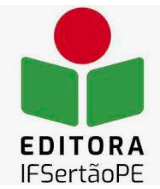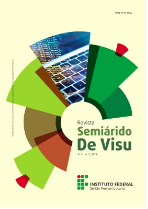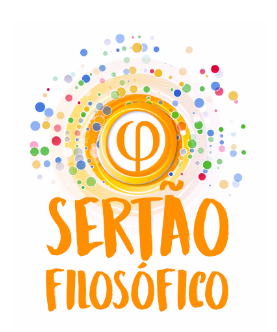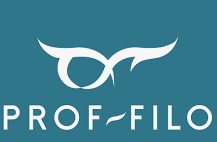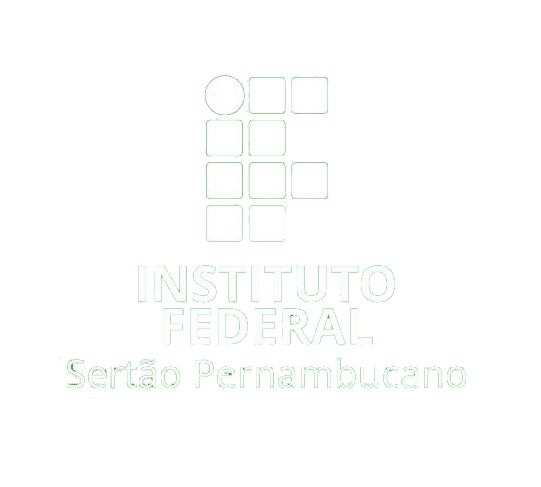The Old Chico’s game
The bridge of vocations
Visualizações: 401DOI:
https://doi.org/10.31416/cacto.v2i1.343Keywords:
Philosophy, Economy, IdeologyAbstract
The present scientific research project had as its scope a philosophical investigation about a critique of economic education models, for this purpose, we will take as a didactic basis three board games, the Game of Life, Real Estate Bank and Le Kapital! The first is already consecrated as a game that reveals the attempt to achieve social success in life through academic or business means, the second is capitalist maintenance in which the basic objective is the accumulation of more wealth, the third, recently created, is based on a criticism of the second, and tries to invert the logic of accumulation by the idea of ??wealth distribution and class consciousness. Such games lead us to reflect on a more equitable distribution of various types of capital: symbolic, financial, cultural, etc. Thus, we intend to raise this discussion about the questions that drive life choices and investigate such questions and propose a synthesis between the games and theories presented as a playful didactic resource for the classroom and for life in the São Francisco Valley.
References
BOURDIEU, P. O poder simbólico. Rio de Janeiro: Bertrand Brasil, 1989.
MARX, Karl, ENGELS, Friedrich. Manifesto Comunista. Textos, v. 2. São Paulo: Edições Sociais, 1977.
RAWLS, John. Uma teoria da justiça. 4. ed. rev. Trad. de Jussara Simões; revisão técnica e da tradução Álvaro de Vita. São Paulo: Martins Fontes, 2016.
RICARDO, David. Princípios de Economia Política e Tributação. Trad. Paulo Henrique Ribeiro Sandroni. Coleção os Economistas. São Paulo: Editora Nova Cultural, 1996.
SARTRE, J. P. O existencialismo é um humanismo. Tradução: Vergílio Ferreira. São Paulo: Abril S.A., 1973.








